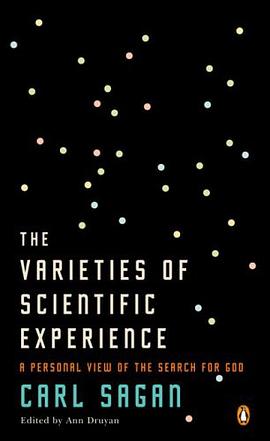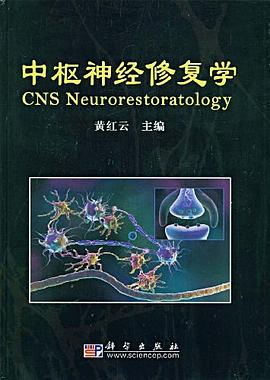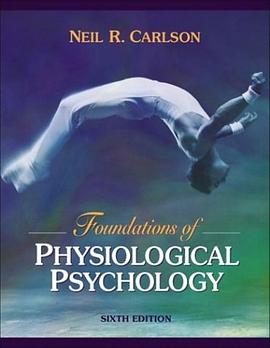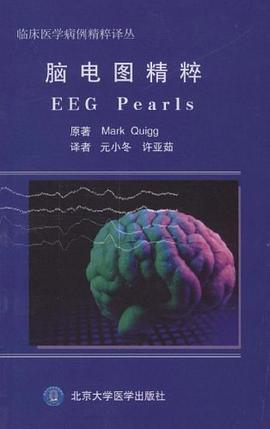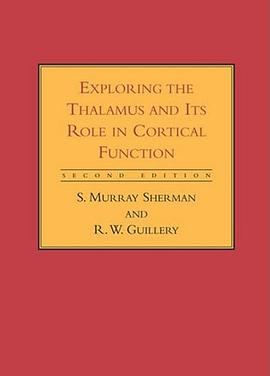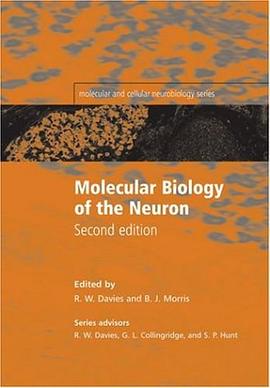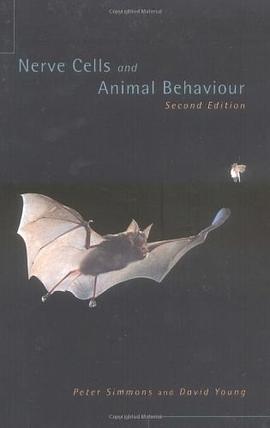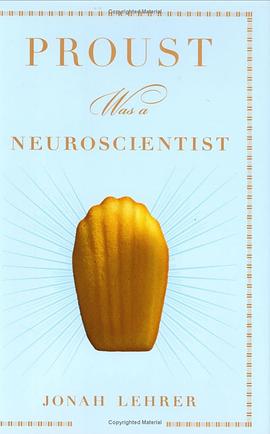

Amazon.com
Amazon Significant Seven, December 2007: Proust may have been more neurasthenic than neuroscientist, but Jonah Lehrer argues in Proust Was a Neuroscientist that he (and many of his fellow artists) made discoveries about the brain that it took science decades to catch up with (in Proust's case, that memory is a process, not a repository). Lehrer weaves back and forth between art and science in eight graceful portraits of artists (mostly writers, along with a chef, a painter, and a composer) who understood, better at times than atomizing scientists, that truth can begin with "what reality feels like." Sometimes it's the art that's most evocative in his tales, sometimes the science: Lehrer writes about them with equal ease and clarity, and with a youthful confidence that art and science, long divided, may yet be reconciled. --Tom Nissley
From Publishers Weekly
With impressively clear prose, Lehrer explores the oft-overlooked places in literary history where novelists, poets and the occasional cookbook writer predicted scientific breakthroughs with their artistic insights. The 25-year-old Columbia graduate draws from his diverse background in lab work, science writing and fine cuisine to explain how Cézanne anticipated breakthroughs in the understanding of human sight, how Walt Whitman intuited the biological basis of thoughts and, in the title essay, how Proust penetrated the mysteries of memory by immersing himself in childhood recollections. Lehrer's writing peaks in the essay about Auguste Escoffier, the chef who essentially invented modern French cooking. The author's obvious zeal for the subject of food preparation leads him into enjoyable discussions of the creation of MSG and the decidedly unappetizing history of 18th- and 19th-century culinary arts. Occasionally, the science prose risks becoming exceedingly dry (as in the enthusiastic section detailing the work of Lehrer's former employer, neuroscientist Kausik Si), but the hard science is usually tempered by Lehrer's deft way with anecdote and example. Most importantly, this collection comes close to exemplifying Lehrer's stated goal of creating a unified third culture in which science and literature can co-exist as peaceful, complementary equals. 21 b&w illus. (Nov.)
具体描述
读后感
【The Invisible Cities】by Calvino reminded me this book【Proust was a Neuroscientist】 so I took it down my shelf and read it again. The pages have turned yellow - it’s been a while, published in 2007. The author Jonah Lehrer used to work in the lab of Er...
评分【The Invisible Cities】by Calvino reminded me this book【Proust was a Neuroscientist】 so I took it down my shelf and read it again. The pages have turned yellow - it’s been a while, published in 2007. The author Jonah Lehrer used to work in the lab of Er...
评分【The Invisible Cities】by Calvino reminded me this book【Proust was a Neuroscientist】 so I took it down my shelf and read it again. The pages have turned yellow - it’s been a while, published in 2007. The author Jonah Lehrer used to work in the lab of Er...
评分【The Invisible Cities】by Calvino reminded me this book【Proust was a Neuroscientist】 so I took it down my shelf and read it again. The pages have turned yellow - it’s been a while, published in 2007. The author Jonah Lehrer used to work in the lab of Er...
评分【The Invisible Cities】by Calvino reminded me this book【Proust was a Neuroscientist】 so I took it down my shelf and read it again. The pages have turned yellow - it’s been a while, published in 2007. The author Jonah Lehrer used to work in the lab of Er...
用户评价
悲催地译完....什么时候能出啊
评分给品酒专家设的红白酒的实验,很有意思。
评分悲催地译完....什么时候能出啊
评分悲催地译完....什么时候能出啊
评分给品酒专家设的红白酒的实验,很有意思。
相关图书
本站所有内容均为互联网搜索引擎提供的公开搜索信息,本站不存储任何数据与内容,任何内容与数据均与本站无关,如有需要请联系相关搜索引擎包括但不限于百度,google,bing,sogou 等
© 2025 onlinetoolsland.com All Rights Reserved. 本本书屋 版权所有


